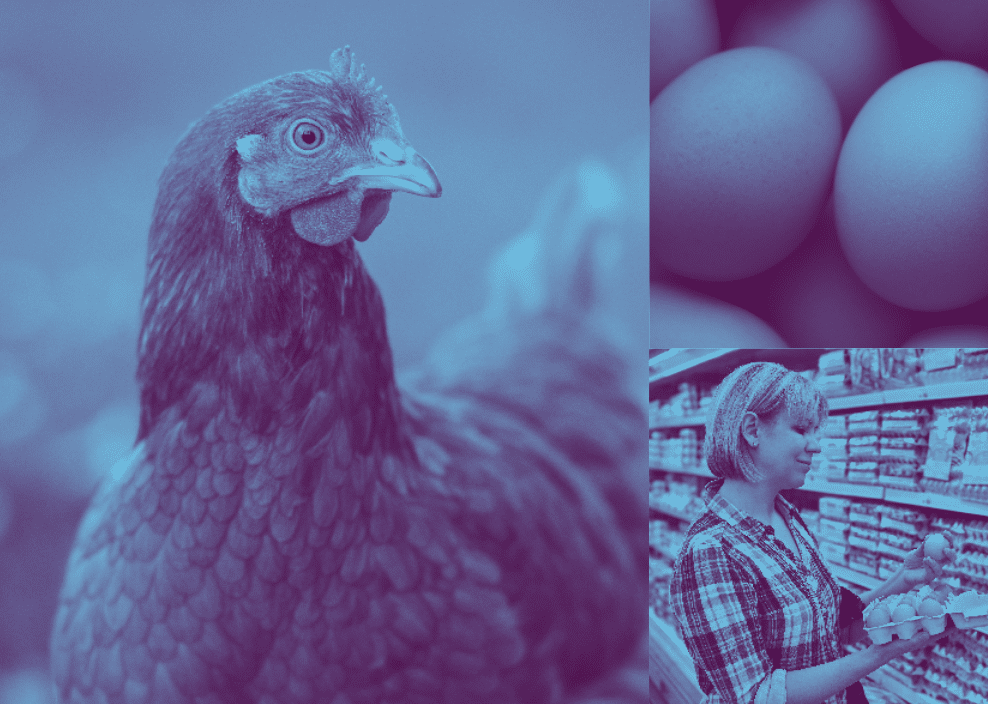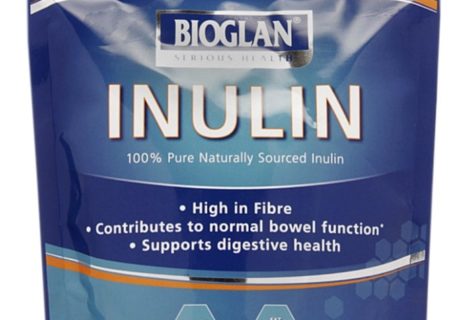An increasing number of companies are beginning to see their commitment to farm animal welfare as an important business opportunity, says a new report.
The annual Business Benchmark on Farm Animal Welfare Report scores companies on their approach to managing farm animal welfare, taking into account: management commitment and policy; governance and management; leadership and innovation; performance reporting; and performance impact.
The report, in its fifth year, found ‘a striking change in the manner in which companies talk about farm animal welfare’ over the past 12 months. Of particular note is the rate at which companies are adopting policies on the avoidance of close confinement and the reduction or elimination of the routine use of antibiotics.
‘Increasingly companies describe farm animal welfare in terms of the opportunities – financial and reputational – that can be delivered, and they position farm animal welfare as an integral part of their approach to corporate responsibility rather than simply as a compliance requirement,’ says the report. The authors put this change down to client and customer demand, as well as pressure from investors.
‘While starting from a relative low base, companies are continuing to increase the attention they pay to farm animal welfare,’ says the report. ‘If we were to look at the overall scores for 2016 on a like-for-like basis, the average score increased by 5% between 2015 and 2016, clearly demonstrating the significant progress being made by existing companies in the benchmark.’
However, the authors cautioned that the practice and reporting on farm animal welfare – compared with other corporate responsibility issues – still remains in its infancy. ‘While, 87% of the companies covered by our assessment acknowledge farm animal welfare as a business issue, only 73% have formalised their commitment in overarching policies or equivalent documents, 65% have set farm animal welfare-related objectives and targets, and 45% have described their management responsibilities for farm animal welfare. These findings indicate that many companies have yet to establish robust systems and processes for managing, measuring and reporting on farm animal welfare.’
The annual Business Benchmark on Farm Animal Welfare Report covers 99 companies broadly spread across the three food industry subsectors: food retailers and wholesalers; restaurants and bars and food producers.





